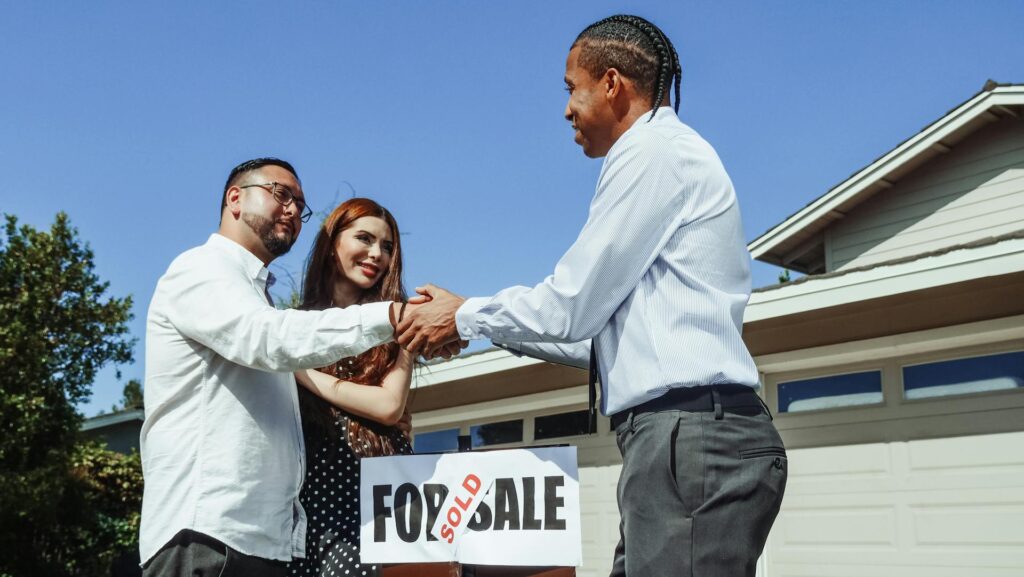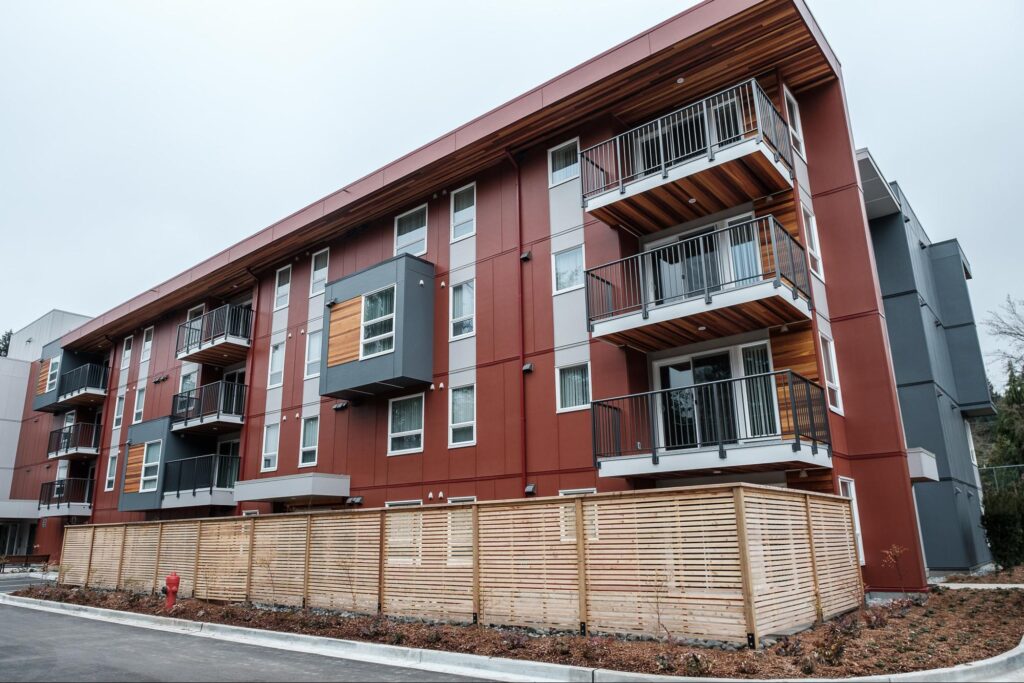Various hurdles are making it difficult for Gen Zs to acquire homes as they transition into adulthood.

Telltale examples are increasing mortgage rates and the skyrocketing price of real estate in some states of the US. No other generation had had it harder, as millennials and baby boomers didn’t struggle as much to become homeowners.
Millennials and Gen Zs Contending for Real Estate
Interestingly, stats have revealed that a large percentage of people hunting for homes to buy are millennials. Also, it has been suggested that in the face of housing shortages in the US, millennials are grappling with Gen Z adults to acquire the few homes on the market.

This competition for real estate is said to be thanks to the large population of millennials compared to other generations.
Millennials May Be Putting Unintended Stress on the Real Estate Market
Millennials are by far the largest generation, and their population is stretching the demand for real estate beyond precedent limits. Unfortunately, as demand increases, real estate becomes scarce, and market forces kick in and drive up prices.

So, if millennials were to be somehow eliminated from the real estate picture, Gen Zs would likely find it much easier to acquire homes.
Millennials Driving the Trajectory of Real Estate
According to London Stockton, chief economist at Ned Davis Research, millennials are significantly influencing the trajectory of the real estate market. This influence is irrespective of the financial handicap that this generation has been touted for.

By implication, many millennials are struggling to afford available real estate. Meanwhile, their very presence in the market to prospect for properties is driving up prices.
Cleaning Out the Real Estate Closet
At a point in the real estate race, mortgage rates fell to historical lows. Millions of millennials exploited this season to grab their piece of the real estate pie and became homeowners.

However, these sudden influxes of homes off the market left Gen Zs just arriving on the scene with relatively fewer options. Also, the available properties are not just a few, and their prices are outrageously high.
Gen Zs Are Finding It Difficult to Not Stay at Home
The average Gen Z looking to move out of their parents’ house and get a place of their own will face high financial hurdles.

Allison Schrager, a Gen Z prospecting to buy a house, said getting a starter home is synonymous with climbing an almost vertical financial hill. Affordable properties seem like an abstract concept for this generation.
The Journey to Real Estate Affordability Seems Far
As interest rates and home prices continue to soar, analysts believe it will take many years for homeownership to become affordable.

However, many Gen Z adults are already taking the initiative and adopting strategies that give them a shot at residential autonomy. While some of these strategies are not independent in the sense of the word, they serve as stepping stones.
House Hacking: A Way Out of the Real Estate Unaffordability
Many Gen Zs are adopting “house hacking” as a method of navigating the crisis of real estate unaffordability. House hacking entails the methods through which homeowners rent out portions of their property as a method of mitigating real estate costs.

In some cases, part or all of the rent is channeled toward the mortgage repayment or HOA fees, thus reducing the owner’s financial burden.
Younger Generations Turn to Doom Spending
Gen Zs will not continue moping about their generational disadvantage, so they have devised yet another coping strategy: “Doom spending.” This strategy is called a coping strategy because it does not involve a magic trick that makes the cost of homeownership affordable.

Instead, it is a strategy that helps young millennials and Gen Z come to terms with the reality that they may be unable to afford a house anytime soon.
What is Doom Spending?
So, the core concept of “doom spending” for these budding generations is spending their income on luxurious items and experiences.

The philosophy behind this strategy sounds something like: “If we can’t buy a home of our own, then we should, at the very least, enjoy other goodies of life.”
A Portal to Self-Fulfilment
Rather than breaking their backs and subjecting themselves to emotional turmoil by trying to save for a starter house, many Gen Zs are finding personal fulfilment in “doom spending.”

Some of these young folks don’t mind spending a ridiculously high amount on a concert ticket despite struggling to attain some traditional financial milestones.
A Gen Z Finance Influencer
Maria Melchor is a financial content creator on TikTok. In one of her videos, she explained that older people often ask to explain the motive behind younger people’s spending behavior.

In response, Melchor said, “When older people ask me how young people are affording nice things that they wouldn’t even buy for themselves, I tell them it’s because we can’t afford anything else.”
The Comparison Trap
The younger generations have a higher propensity for instant gratification. One of Melchor’s followers commented, “My mother [is] asking me when I’m gonna stop traveling and buy a house.”

In a recent poll by Generation Lab and CNBC, it was discovered that most of the young respondents (18-34) feel older generations had it easier financially. Hence, the older folks didn’t find it too difficult to hit financial milestones.
The Nastiest Economy Ever?
Doom Spending is revealing the telltale signs of the economy’s impact on people’s personal finances. Interestingly, Doom Spending is not limited to younger generations alone.

A study by Credit Karma has revealed that Doom Spending is a direct ripple effect of economic and geopolitical anxieties. Social media has also become a formidable tool for comparison of financial status, thus leading to depression.
Avoid These Financial Pitfalls By All Means
Experts, however, recommend adopting mindful financial strategies to evade the pitfall of “doom spending.” For example, Credit Karma’s Courtney Alev recommends closely monitoring debts, expenses, and income.

Doing these will help young people learn healthy spending and saving habits. Even if they cannot afford a starter home at the moment, they will remain financially stable.

